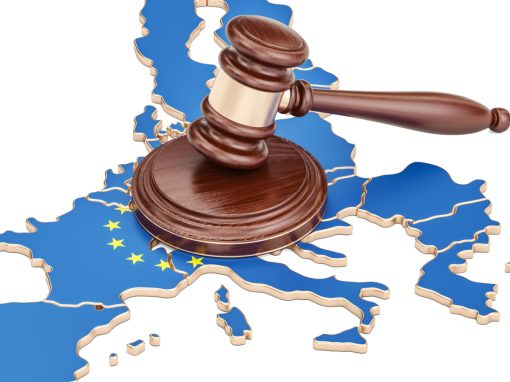The UPC will start taking cases from today.
After several years of delays, formalities, constitutional disputes, and doubts in the minds of many as to whether the European Union’s new Unified Patent Court would ever open for business, this new court has finally opened its doors and will start taking cases from today.
In 2013, several Member States of the European Union concluded the Agreement on a Unified Patent Court (the “UPC Agreement”). The purpose of that Agreement was to establish a common court for hearing infringement and revocation actions regarding European patents, with decisions of that court being applied uniformly across all of the participating EU Member States.
The same EU Member States also agreed to create the unitary patent, a new validation option open to proprietors of European patents, effectively allowing them to obtain a single patent covering all of the participating EU Member States, rather than having to validate the patent in each of those European countries individually.
As those who have been following the progress of the UPC and the unitary patent will know, the implementation of the UPC Agreement and the regulations establishing the unitary patent has not been easy, and it has taken a lot longer than originally expected for the EU to implement what its Member States agreed to back in 2013. Delays in the opening of the UPC and the introduction of the unitary patent have been caused by a variety of factors, including IT issues concerning the UPC’s case management system, serious constitutional questions as to whether Germany could legally ratify the UPC Agreement, and the withdrawal of the United Kingdom from the system altogether. However, after a decade of delay and doubt, the EU’s new Unified Patent Court has officially opened for business, and the unitary patent has officially become a new validation option for proprietors of European patents.
From today, 1 June 2023, the owners of European patents validated in the participating EU Member States, regardless of whether or not these have been validated to obtain a unitary patent, will (unless they have opted the patent out) be able to sue third parties for infringement of their European patents in the Unified Patent Court. Similarly, third parties can, from today, apply to the UPC to get problematic European patents revoked across the participating EU Member States (again, as long as that patent has not been opted out of the new system).
Also from today, 1 June 2023, the unitary patent will be available as a validation option. Thus, proprietors of European patents that have recently granted are now able to validate their European patent with unitary effect to obtain a single patent covering all of the participating EU Member States.
Further details of the Unified Patent Court and the unitary patent are available on our website.
For those who are more wary of the new system, there has been a 3-month sunrise period during which proprietors of European patents and applicants of European patent applications have been able to opt-out of the jurisdiction of the UPC. The possibility to opt‑out remains even though the court has now opened its doors (and will continue to do so for at least the next 7 years), but only if the European patent in question is not made the subject of proceedings before the UPC before the opt-out is filed. Thus, proprietors who have not yet opted out their European patents but would like to do so would be wise to act sooner rather than later to avoid being locked into the UPC’s jurisdiction against their will.
Schlich has been monitoring the progress of the UPC and the unitary patent for a long time, and we are ready to help you navigate this new system and answer any questions you may have. If you have a European patent you would like to opt-out of the jurisdiction of this new court, then we are able to help you with this. Similarly, if you are interested in starting an infringement or revocation action at the UPC then, through our collaboration with PDT Solicitors, we will be able to work with you to help you with this, too.









